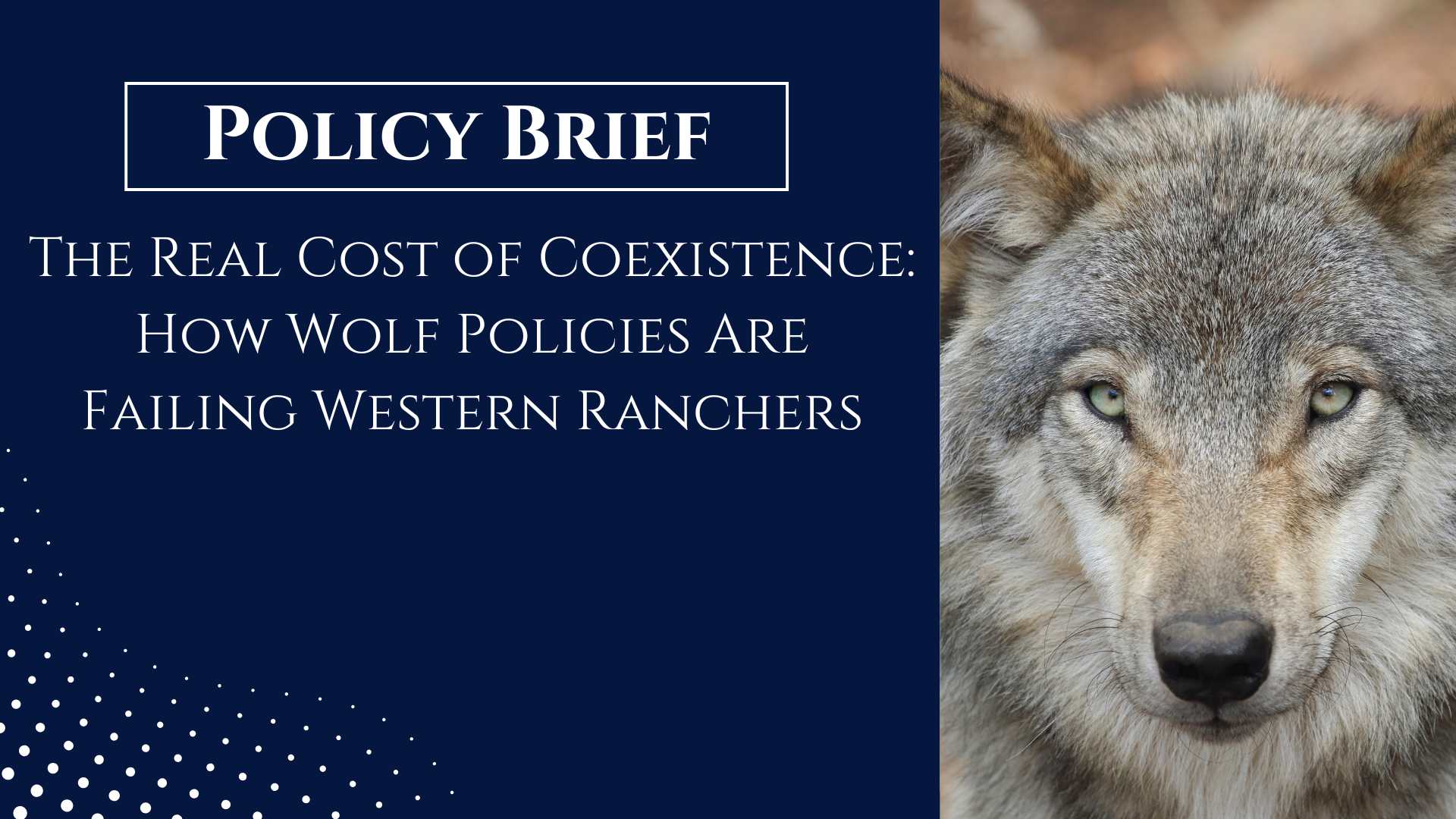UPDATE: The U.S. District Court for the Eastern District of Texas granted a preliminary injunction Wednesday, Dec. 5 in Texas Top Cop Shop, Inc., et al. v. Garland, et al. The ruling means small businesses, farms, ranches and other entities are no longer required to abide by the new beneficial ownership information rules under the Corporate Transparency Act. Unless a higher court specifically addresses the injunction from the U.S. District Court, companies are will no longer be required to file beneficial ownership information.
At the beginning of this year, most small businesses, including single ownership LLCs, became subject to corporate transparency filing requirements under the Corporate Transparency Act (CTA). Under the CTA, businesses subject to the law have until Jan. 1, 2025 to file all the beneficial ownership information (BOI) for each person who has part ownership of their respective enterprise.
This law applies to farms and ranches, too.
The law is not new, but the reporting requirement is. The CTA was enacted as part of the 2020 Anti-Money Laundering Act. The act requires the Financial Crimes Enforcement Network (FinCEN) to maintain a list of “beneficial owners” of businesses who do not otherwise have to report their information to the federal government.
The act applies specifically to beneficial owners in LLCs, SMLLCs, sole proprietorships that are corporations or LLCs, limited partnerships, S-Corps, C-Corps, and trusts that file with the Secretary of State. Beneficial owners are defined as people who “directly or indirectly exercise ‘substantial control’” in the business or “directly or indirectly own or control” at least 25 percent of the business. For questions about what constitutes “substantial control,” there are definitions available through FinCEN.
There are also several pieces of identifying information that must be reported as part of the disclosure including:
- Its full legal name and any trade name or DBA;
- A complete address, including the street address of the principal place of business for U.S. companies and primary U.S. location for other businesses;
- The State, Tribal, or foreign jurisdiction in which it was formed or first registered, depending on whether it is a U.S. or foreign company; and
- Its Taxpayer Identification Number (TIN).
- For domestic entities, this is the IRS TIN, including an employee identification number (EIN). For foreign entities without a TIN, a tax identification number issued by a foreign jurisdiction and the name of that jurisdiction should be entered.
Additionally, for each beneficial owner and each company applicant (see below), the company must provide the individual’s:
- Full legal name;
- Birthdate;
- A complete address; and
- For company applicants who form or register an entity in the course of the company’s business, this includes the street address of the company applicant. For all individuals, beneficial owners and applicants, the address must be the residential street address of the individual.
- An identifying number from a non-expired driver’s license, passport, or other approved document for each individual, as well as an image of the document from which the document was obtained.
Before considering skipping this paperwork – whether out of a moral or other stance – there are significant fines for not filing. The CTA authorizes fines of up to $500 a day and a total of up to $10,000 in fines for any business does not comply by the filing deadline.
For more information about the requirements, visit here for a thorough explainer.
To file your report, visit FinCEN here.
For answers to Frequently Asked Questions about the BOI reports, visit FinCEN’s FAQ page here.






